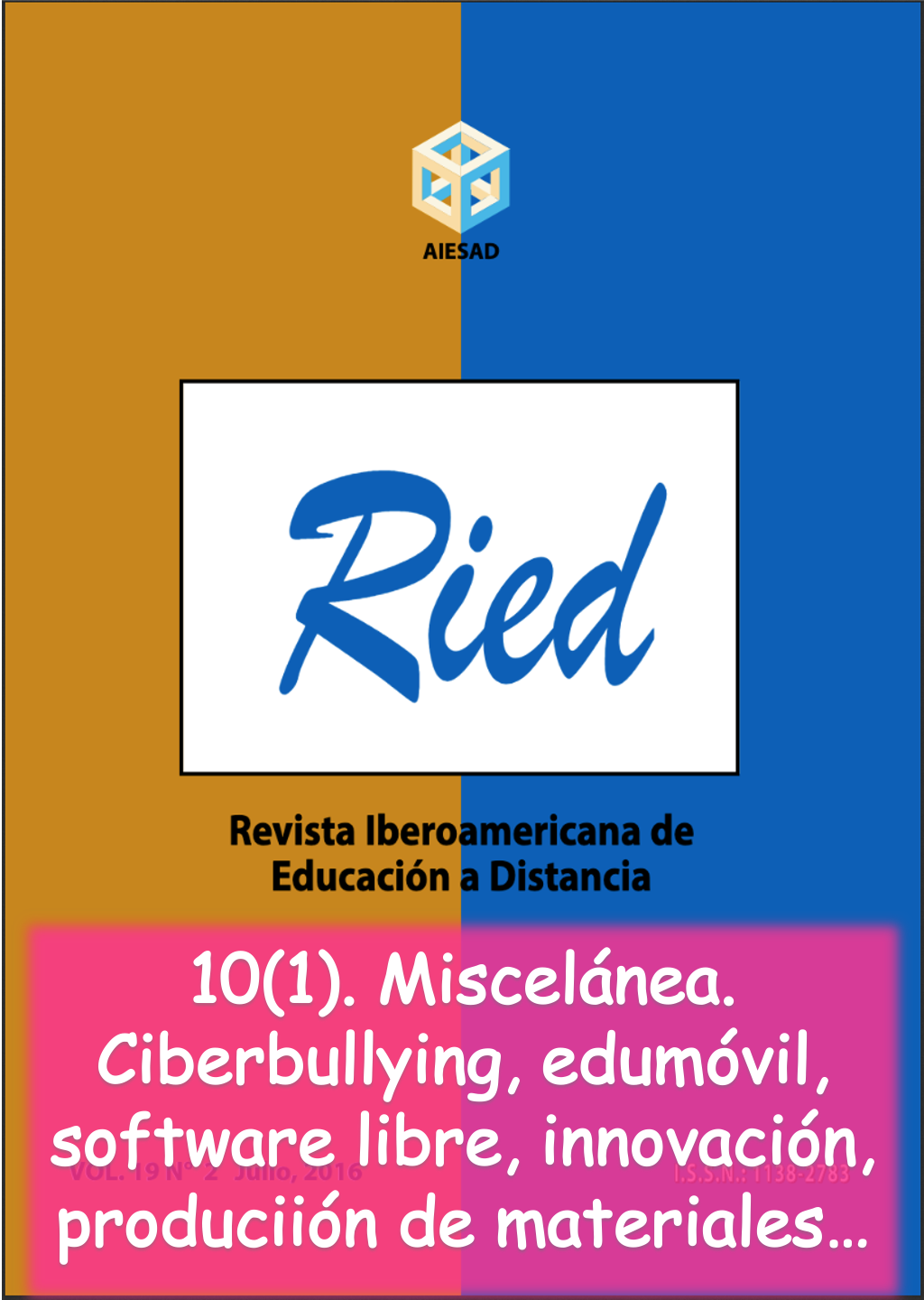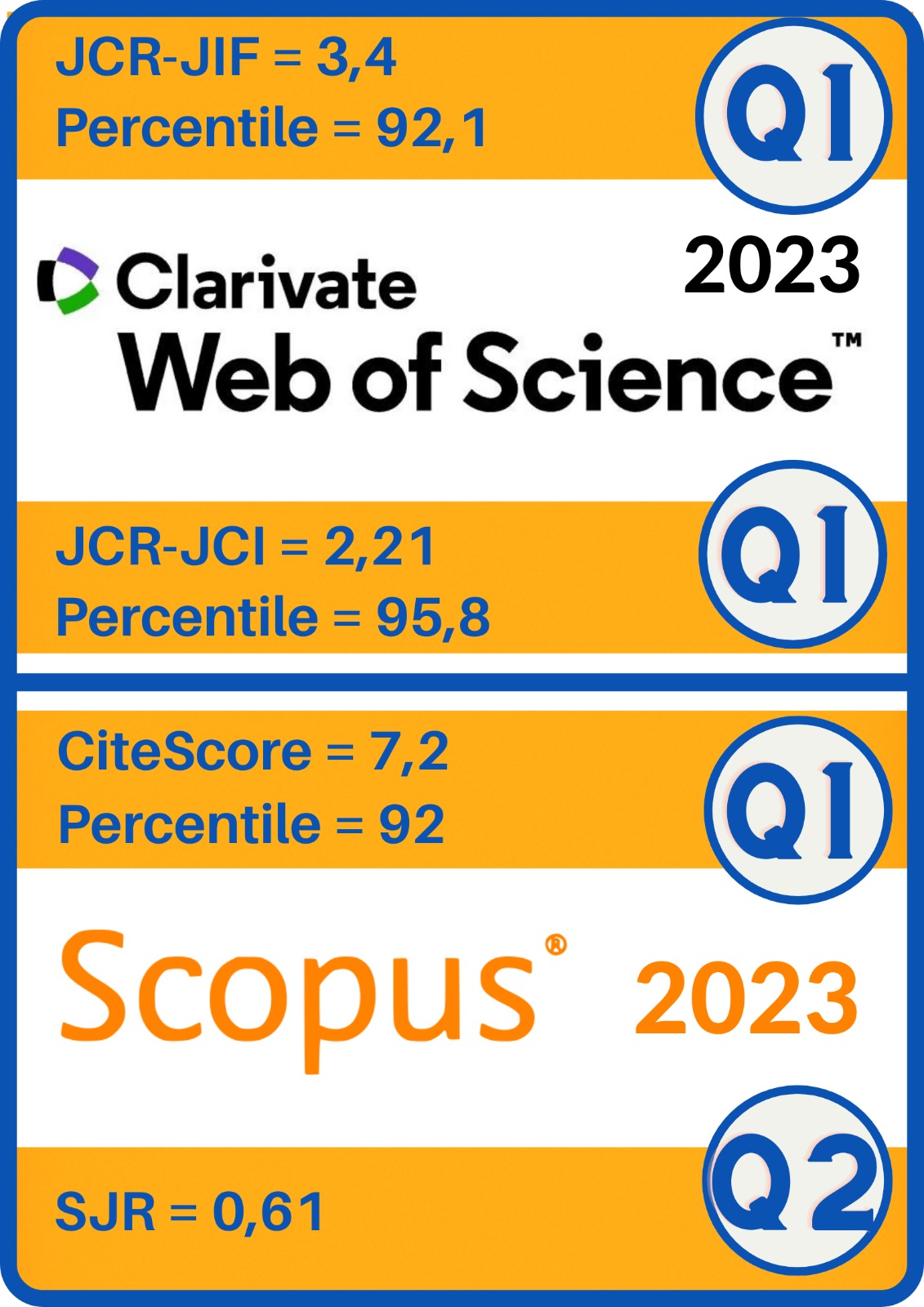ANACON: SQL query analyzer
DOI:
https://doi.org/10.5944/ried.1.10.1025Keywords:
query analyzer, database, SQL, educational computer programs designAbstract
Next, we will introduce a teaching experience about the development and application of a support tool for the practical lessons of the Database I subject at the Escuela Universitaria Politécnica de Teruel. ANACON is a query analyzer based on SQL (Structured Query Language), which allows pupils to learn quickly and intuitively this language without having to know the complex aspects and the special features that usually show the query analyzers built-in the DBMS (Database Management Systems). In this article we describe the tool, just as the obtained results after making use of it, related on the one hand to the presented number over registered number and on the other hand, to the pupil marks obtained during the academic course 2004/2005. In spite of the fact that it can be soon to make conclusions, the results encourage us to improve some application features, and to carry on with the tool in the practical lessons of the subject.
Downloads
Downloads
How to Cite
Issue
Section
License
The articles that are published in this journal are subject to the following terms:
1. The authors grant the exploitation rights of the work accepted for publication to RIED, guarantee to the journal the right to be the first publication of research understaken and permit the journal to distribute the work published under the license indicated in point 2.
2. The articles are published in the electronic edition of the journal under a Creative Commons Attribution 4.0 International (CC BY 4.0) license. You can copy and redistribute the material in any medium or format, adapt, remix, transform, and build upon the material for any purpose, even commercially. You must give appropriate credit, provide a link to the license, and indicate if changes were made. You may do so in any reasonable manner, but not in any way that suggests the licensor endorses you or your use.
3. Conditions for self-archiving. Authors are encouraged to disseminate electronically the OnlineFirst version (assessed version and accepted for publication) of its articles before publication, always with reference to its publication by RIED, favoring its circulation and dissemination earlier and with this a possible increase in its citation and reach among the academic community.








